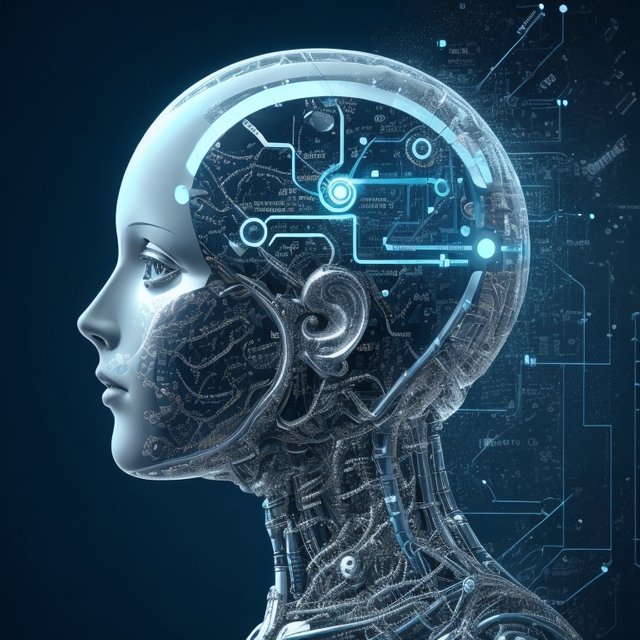Artificial intelligence (AI) and cognitive reasoning are two closely related fields. AI is the field of computer science that deals with the creation of intelligent agents, which are systems that can reason, learn, and act autonomously. Cognitive reasoning is the study of how humans think and make decisions.
AI researchers have been inspired by the way that humans think and reason when developing AI systems. For example, many AI systems use machine learning algorithms, which allow them to learn from data and improve their performance over time. This is similar to the way that humans learn from their experiences.
AI systems are also being developed to perform tasks that require cognitive reasoning, such as natural language processing and computer vision. For example, AI systems can now be used to translate languages, recognize objects in images, and answer questions in a comprehensive and informative way.
The intersection of AI and cognitive reasoning is a rapidly growing field with the potential to revolutionize many industries and aspects of our lives. For example, AI systems are being developed to help doctors diagnose diseases more accurately, to develop new drugs and treatments, and to create personalized treatment plans for patients. AI systems are also being developed to help teachers tailor their instruction to the individual needs of each student, to develop new educational materials, and to provide students with real-time feedback on their work.
Here are some specific examples of how AI is being used in cognitive reasoning today:
AI-powered medical diagnosis systems: AI-powered systems can be used to analyze large amounts of medical data, such as patient records, medical images, and lab results, to identify patterns that would be difficult or impossible for humans to see. This can help doctors to diagnose diseases more accurately and at earlier stages.
AI-powered drug discovery systems: AI-powered systems can be used to identify new drug targets and to design new drugs that are more effective and have fewer side effects. This can help to accelerate the development of new drugs for diseases such as cancer and Alzheimer's.
AI-powered personalized education systems: AI-powered systems can be used to tailor instruction to the individual needs of each student. This can help students to learn more effectively and to reach their full potential.
Overall, AI has the potential to revolutionize the way that we think about and approach cognitive reasoning. By using AI to better understand the way that humans think and reason, we can develop new tools and techniques to help us solve problems and make better decisions.
